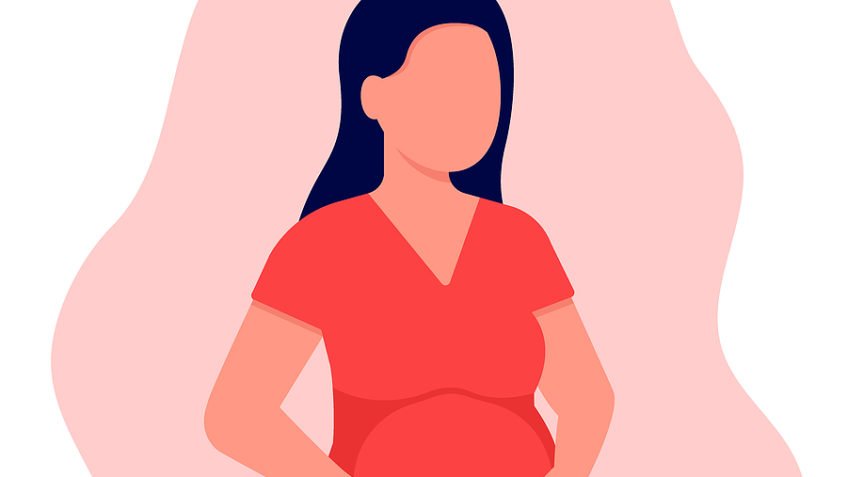Research has shown that prenatal THC exposure is associated with development of behavioral and cognitive deficits throughout childhood. Some of these include: impaired memory and concentration, increased delinquency, increased risk of hyperactivity and impulsivity, and increased risk of depression. Now, a newly published study using data from the NIH’s Adolescent Brain Cognitive Development Study (ABCD Study) has found that prenatal THC exposure was associated with development of sleep disorders in children. In the study, researchers analyzed data on 11,875 children ages 9-10 in order to assess any relationship between maternal marijuana use during pregnancy and negative sleep outcomes later in childhood. They found that any use of marijuana during pregnancy was associated with disorders of initiating and maintaining sleep, disorders of arousal, sleep wake disorders, and disorders of excessive somnolence. Frequency of prenatal daily marijuana use was also associated with disorders of excessive somnolence.
A common question usually arises when looking at studies of this type. Readers may ask themselves whether prenatal marijuana exposure is truly the culprit or if it is merely a marker for some other exposure that is the causative factor. For example, compared to women who don’t use marijuana, perhaps women who use marijuana during pregnancy are of a lower socioeconomic status (which may create a stressful family environment) or are more likely to neglect their children, resulting in the development of sleep disorders. However, in this study prenatal THC exposure was independently associated with development of sleep disorders in childhood. In other words, the relationship between prenatal THC exposure and sleep disorders still persisted after investigators accounted for other relevant factors such as maternal substance use, socioeconomic status, and education, parental marital status, race etc. The results of this study add to the mountain of evidence on harms of marijuana use during pregnancy and provide yet another compelling reason to outlaw medical marijuana recommendations for pregnant patients.




